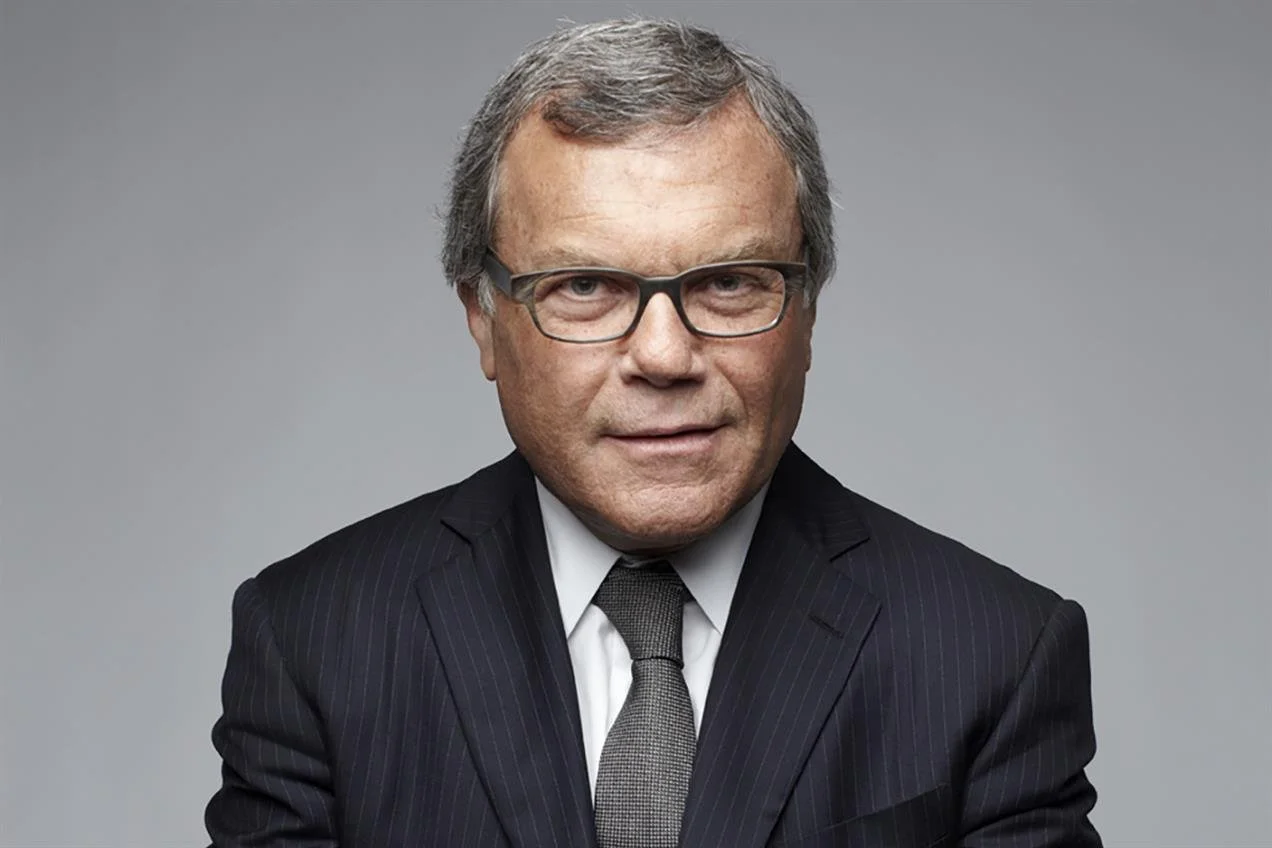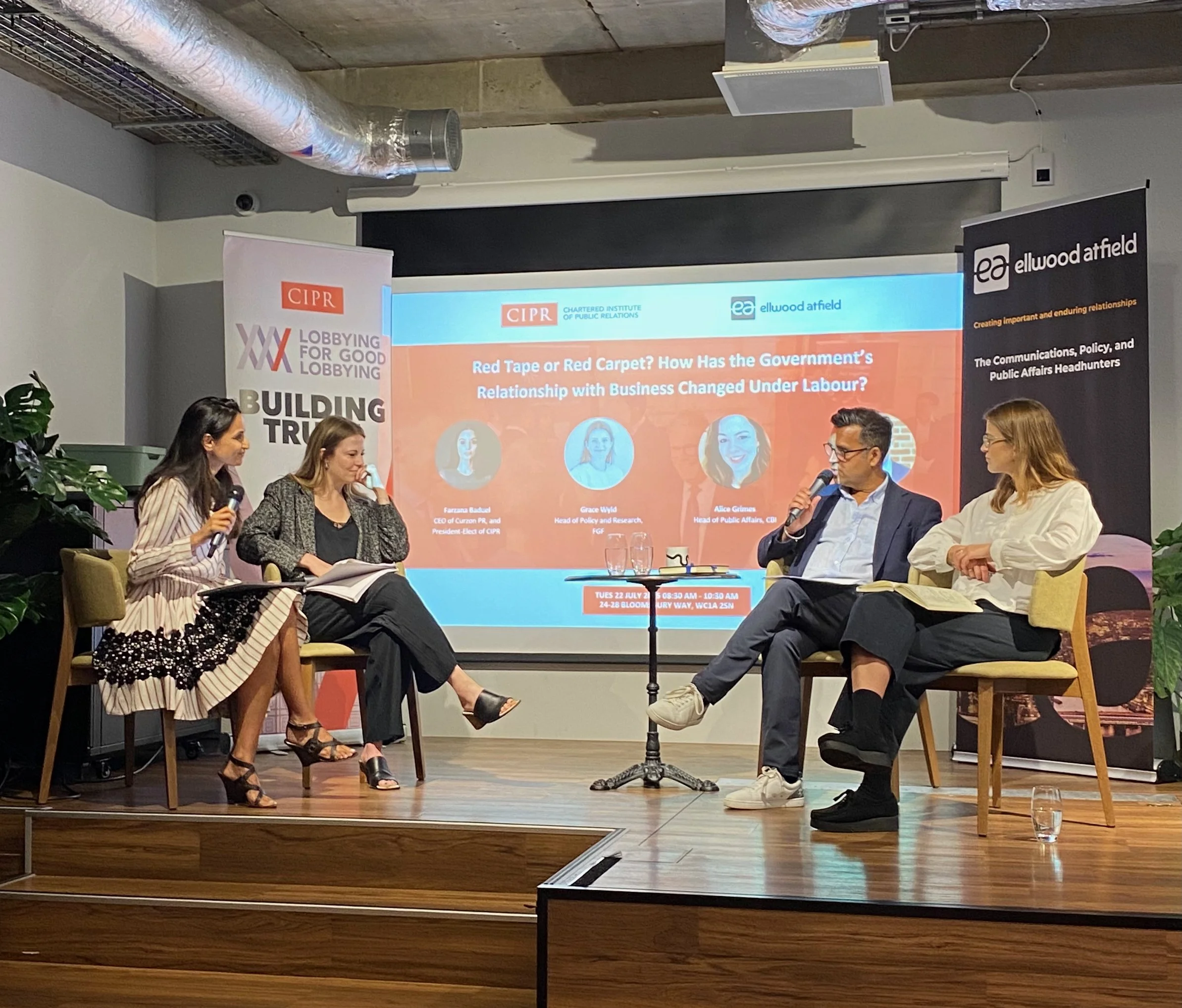Sir Martin Sorrell is wrong to claim PR is dead. His view reduces communications to volume and reach. That logic belongs to advertising, not leadership. Reputation is built privately as much as publicly, through trust, judgement and behaviour over time. Flooding the internet creates noise, not credibility.
All tagged business
2025 UK Budget: Tax Rises, Tough Choices and the Missing Growth Strategy
The UK’s 2025 Budget raised taxes to historic highs but failed to reduce regulatory friction or unlock investment. Here is why these risks pose a long-term growth and why the narrative will impact how UK businesses see the benefit of investing.
Why Reputation Risks Rise in the Age of Creators
The Reuters Institute’s new report, Mapping News Creators and Influencers in Social and Video Networks, shows how online creators now shape public opinion. Governments and companies must adapt their reputation strategies to navigate this fast-moving media landscape.
Why AI Needs Human Strategists Now
AI is transforming consulting, but leaders still need human judgment and expertise. This is why strategists skilled in perception, reputation, and trust are essential to harness AI that builds confidence that drives growth.
Why 'Nation by Design' Is Singapore's Blueprint for Success
Singapore's "Nation by Design" is a masterclass in strategic governance. In this blog I explores how intentional design, from civil service excellence and fiscal agility to human-centered policies and education, have transformed a small island into a global powerhouse. Discover Singapore's blueprint for earned trust, economic dominance, and a future-ready nation.
A Year In: Labour's Communications Challenge and How Business Can Respond
Why is the Labour government’s message not landing? After a year, the agile communications of opposition have been replaced by a cautious civil service and an outdated focus on press, ignoring how public opinion is shaped online. Businesses can become a credible partner by forming coalitions and presenting solution-led proposals that align with national missions, helping the government deliver.
How to Fix Britain’s Broken Culture of Aspiration and Entrepreneurship
Britain has no shortage of talent or ideas, but it lacks a culture that truly values ambition, risk-taking, and entrepreneurial success. While US founders are celebrated, UK entrepreneurs are met with scepticism, short-sighted policy, and a narrative that undermines their contribution. I explore the damaging myths around wealth creation, the perception gap at the heart of UK policymaking, and the steps we must take to reposition entrepreneurship as a national asset, not a problem to manage.
The Impact Of The Damage to Brand America
American businesses are witnessing a rise in anti-American sentiment worldwide. What is the impact of this, and how can American companies and investors that trade, invest and profit from their presence overseas protect themselves?
Corporate Diplomacy: The New Global Power Shift
In today’s multipolar world, diplomacy is no longer the sole domain of governments. Multinational corporations are stepping into roles once reserved for diplomats—navigating geopolitical risks, engaging regulators, and shaping public policy. Corporate diplomacy is now essential for business resilience, reputation, and global growth.








